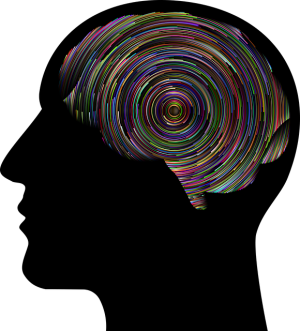Mental health assessments are essential tools for counselors, offering a comprehensive understanding of an individual's psychological well-being. Through various techniques like clinical interviews, questionnaires, and behavioral observations, professionals gain insights into thoughts, emotions, behaviors, and functioning. This enables them to accurately diagnose mental health issues, develop personalized treatment plans, and enhance positive outcomes in counseling sessions. Conducted with ethical considerations, including confidentiality, informed consent, and cultural sensitivity, these assessments are vital for effective mental health counseling services.
Mental health assessments are pivotal in understanding and addressing an individual’s psychological well-being. This article delves into the intricate world of mental health counseling, exploring its foundational role and the diverse tools employed. From comprehending assessment purposes to deciphering ethical considerations, we unravel the crucial components ensuring accurate diagnoses. Discover how professionals navigate this process, emphasizing the significance of confidentiality and legal implications in fostering positive client outcomes through effective mental health counseling.
Understanding Mental Health Counseling: An Overview

Mental health counseling is a vital aspect of comprehensive mental health care, offering individuals and communities essential support for their well-being. It involves a collaborative process between a trained mental health professional, often referred to as a counselor or therapist, and the client. The primary goal is to help individuals understand and manage their emotional, behavioral, and psychological challenges, ultimately fostering improved mental health and quality of life.
Counseling sessions provide a safe and non-judgmental space for clients to explore their thoughts, feelings, and experiences. Through active listening, empathy, and evidence-based techniques, counselors assist clients in identifying underlying issues, developing coping strategies, enhancing self-awareness, and building resilience. Whether addressing common concerns like stress management or more complex conditions such as depression or anxiety disorders, mental health counseling offers a tailored approach to meet the unique needs of each individual.
The Purpose of Mental Health Assessments

Mental health assessments play a pivotal role in the realm of mental health counseling, serving as a comprehensive gateway to understanding an individual’s psychological well-being. These evaluations are meticulously designed to gain insights into a person’s thoughts, emotions, behaviors, and overall mental functioning. By employing various techniques and tools, mental health professionals can identify potential issues, assess their severity, and develop tailored treatment plans.
The primary purpose is to provide a clear picture of the client’s mental state, enabling counselors to offer effective support. Through careful assessment, they can pinpoint specific areas of concern, whether it’s anxiety, depression, trauma, or other psychological challenges. This process ensures that counseling sessions are focused and efficient, catering to the unique needs of each individual, ultimately enhancing the chances of a positive outcome in their mental health journey.
Components of a Comprehensive Assessment

A comprehensive mental health assessment is a multifaceted process designed to gain a thorough understanding of an individual’s psychological well-being. It involves several key components that contribute to an accurate diagnosis and effective treatment plan. One of the primary elements is gathering detailed personal history, including past medical records, mental health experiences, substance use, and any traumatic events. This historical context provides valuable insights into potential triggers and recurring patterns.
Additionally, assessments often incorporate clinical interviews, where trained professionals engage in open dialogue with the client. These conversations explore current symptoms, emotions, thoughts, and behaviors. Standardized questionnaires and scales are also utilized to measure specific aspects of mental health, such as anxiety, depression, or psychosis. Integrating these diverse data sources enables mental health counseling practitioners to construct a holistic view, facilitating personalized interventions tailored to each client’s unique needs.
Different Types of Assessment Tools and Techniques
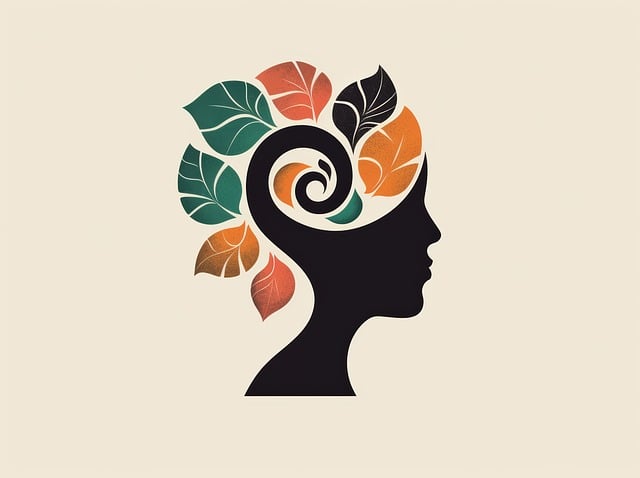
Mental health assessments are a crucial aspect of mental health counseling, providing a comprehensive understanding of an individual’s psychological well-being. These assessments go beyond surface-level conversations and utilize various tools to gain insights into thoughts, emotions, behaviors, and overall functioning. One common approach is structured clinical interviews, where trained professionals use standardized questions to evaluate symptoms, duration, and severity of mental health concerns. This method ensures consistency and facilitates accurate diagnoses.
Additionally, psychological assessments incorporate self-report questionnaires tailored to specific disorders or areas of interest. These questionnaires allow individuals to provide detailed information about their experiences, offering a personal perspective that complements clinical observations. Other techniques include behavioral observations, where counselors meticulously watch and analyze a client’s non-verbal cues and interactions, providing valuable context for understanding underlying issues. Integrating these diverse assessment tools empowers mental health counselors to deliver personalized treatment plans, ultimately enhancing the effectiveness of mental health counseling.
Role of Professionals in Conducting Assessments
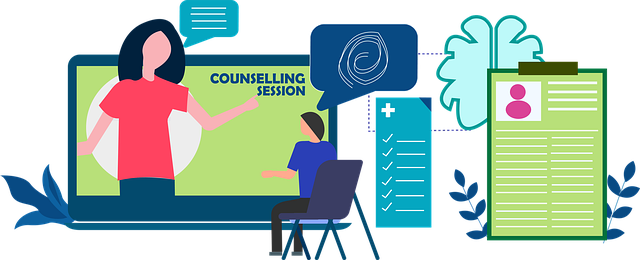
Professionals play a pivotal role in conducting thorough and accurate mental health assessments. These experts, often including clinical psychologists, psychiatrists, and licensed therapists, possess specialized knowledge and training to evaluate an individual’s psychological well-being. They employ evidence-based methodologies and tools tailored to specific mental health concerns, ensuring comprehensive evaluations.
Through skilled interrogation, observation, and analysis, professionals gain insights into symptoms, behaviors, and thought patterns. This process involves active listening, asking open-ended questions, and using validated assessment protocols. The goal is not only to diagnose but also to understand the unique needs of each client, thereby facilitating effective mental health counseling and personalized treatment plans.
Importance of Accurate Diagnosis and Evaluation
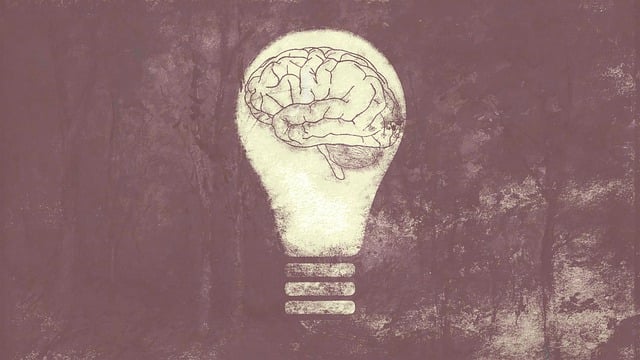
Mental health assessments play a pivotal role in ensuring accurate diagnoses and effective treatment plans. An initial evaluation by qualified professionals, often including clinical interviews and standardized tools, is crucial for understanding an individual’s psychological well-being. This process helps identify symptoms, underlying causes, and specific disorders, guiding personalized mental health counseling approaches.
Accurate diagnosis enables healthcare providers to offer the most suitable interventions, whether it’s therapy, medication, or a combination. It also facilitates progress tracking, ensuring that treatment strategies remain effective over time. In the realm of mental health counseling, precise evaluations are key to helping clients navigate their challenges and achieve lasting positive outcomes.
Ethical Considerations in Mental Health Assessments
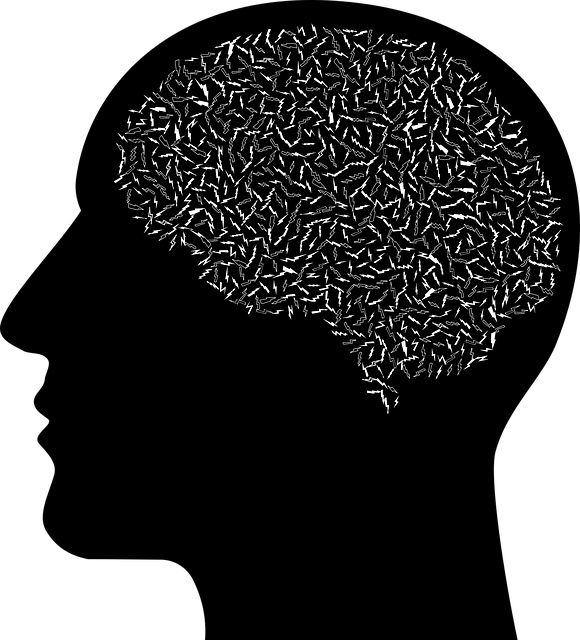
Mental health assessments are a critical aspect of providing effective mental health counseling, but they also come with significant ethical considerations. Confidentiality and privacy are paramount; assessment findings must be kept secure and shared only with relevant parties to ensure client trust. Informed consent is another essential element, where individuals fully understand the purpose, process, potential benefits, and risks involved in the assessment.
Cultural sensitivity is also crucial in mental health assessments. Counselors must be aware of their own biases and be prepared to adapt their methods to accommodate diverse cultural backgrounds and values. This ensures that the assessment remains non-discriminatory and respectful, promoting accurate evaluations while considering the unique experiences and perspectives of each client.
Legal Implications and Confidentiality in Counseling

Enhancing Client Outcomes through Effective Assessment

Mental health assessments play a pivotal role in enhancing client outcomes during mental health counseling sessions. By utilizing comprehensive and tailored evaluation methods, counselors can gain valuable insights into an individual’s psychological well-being, thought patterns, emotions, and behaviors. This process enables them to create personalized treatment plans that address specific needs, ensuring more effective support for clients’ mental health journeys.
Effective assessment goes beyond gathering information; it involves creating a safe space for clients to openly share their experiences. Through advanced techniques and tools, counselors facilitate deeper understanding, allowing them to identify underlying issues, such as anxiety, depression, or trauma. This, in turn, enables them to offer evidence-based strategies and interventions that promote positive changes and foster resilience, ultimately improving the overall success of mental health counseling sessions.
